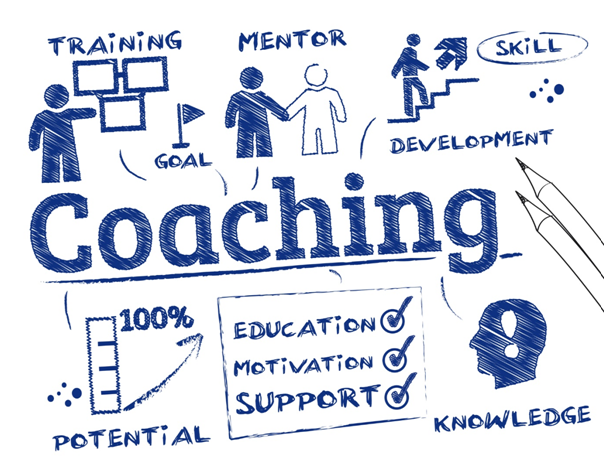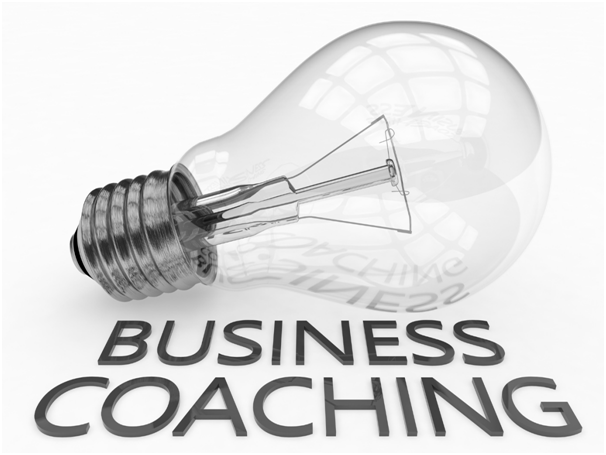What Is Executive Coaching?
It is an extremely individualized strategy that focuses on helping and inspiring people to maximize their professional and personal potential to get from where they are now to where they want to be, The International Coach Federation explains.
The purpose of this coaching is to develop top talent that would benefit both people and their companies. It helps managers, top executives, and other leaders to learn, perform, stay balanced and healthy, and successfully guide their teams to reach their goals and exceed corporate and individual expectations.











